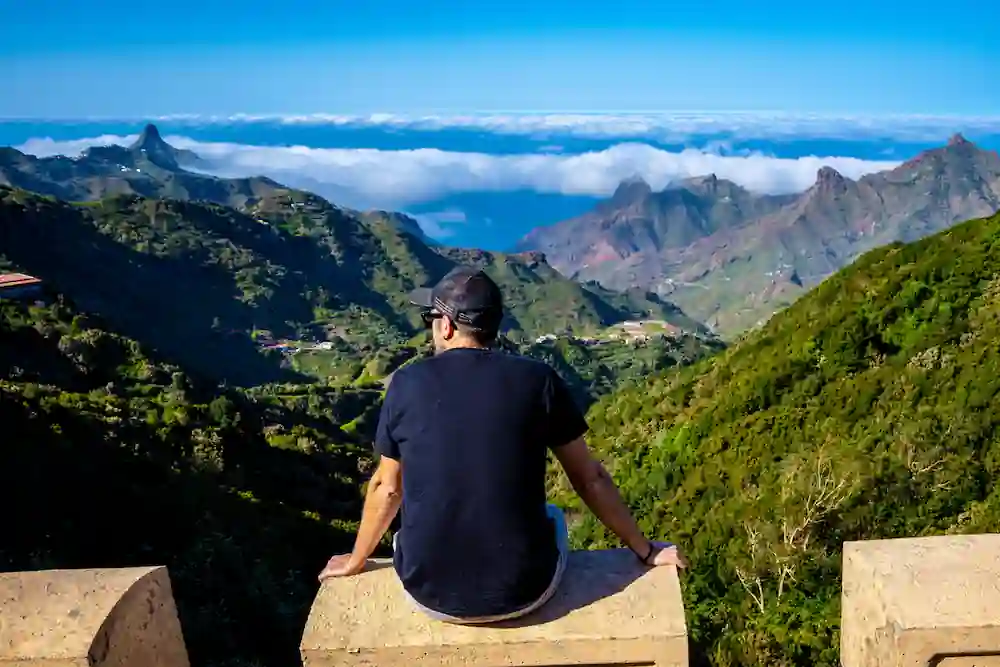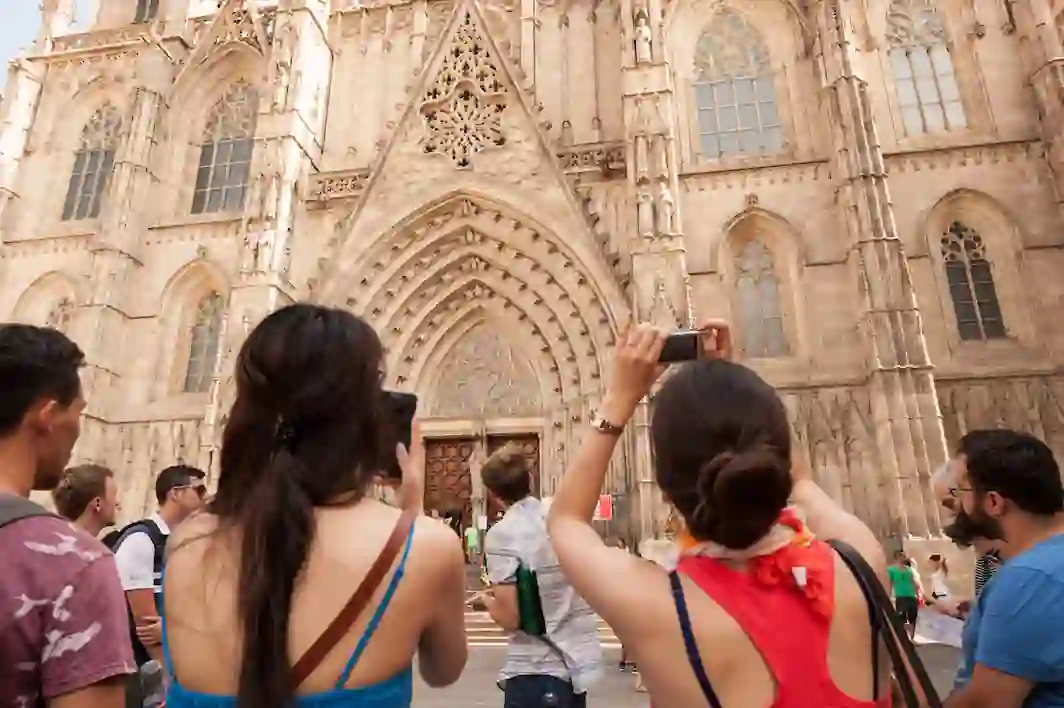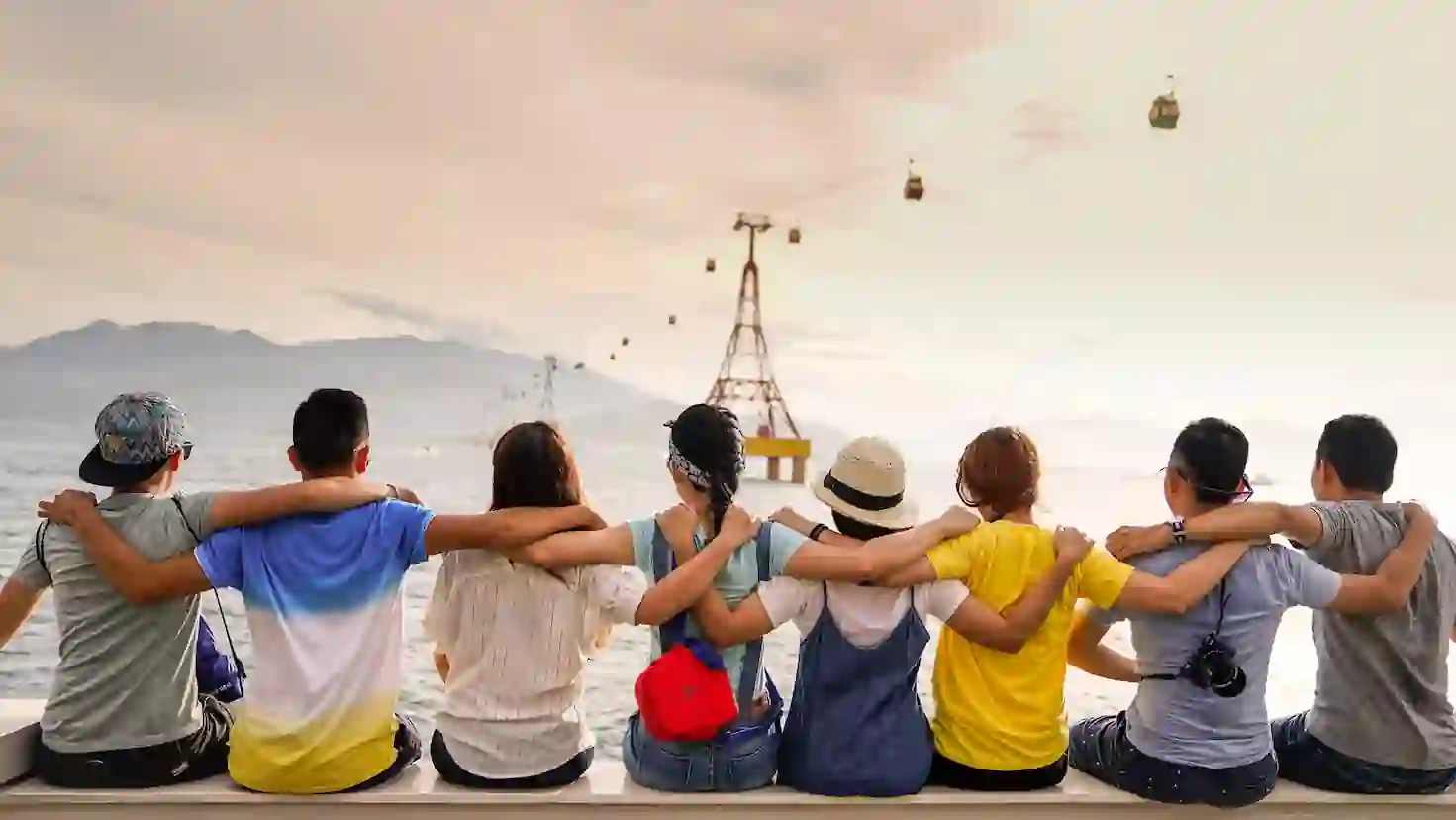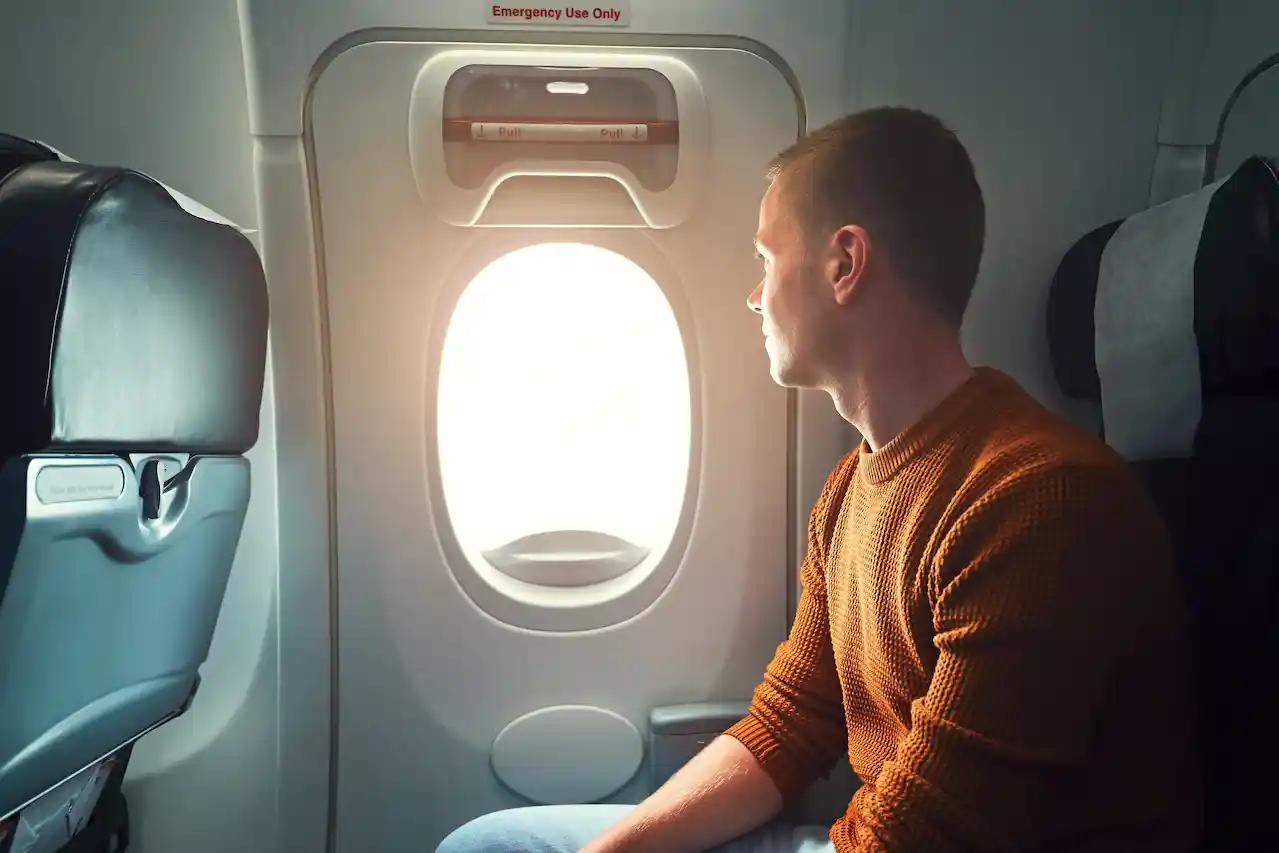Have you ever thought about why returning from a trip makes you feel like a different person?

1. The Restless Brain: Why You’re Wired to Wander
There's a good reason you feel the urge to explore. It’s in your DNA. For thousands of years, our ancestors survived by seeking out new territories, adapting to different environments, and solving new problems. This history has left you with a brain that craves new experiences.
Science shows that encountering something new makes your brain release dopamine, the same chemical that kicks in when you fall in love or achieve a big goal. This isn't just about feeling good; it's about neuroplasticity, your brain’s ability to form new connections throughout your life.
Think about the last time you were in an unfamiliar place. Remember how everything felt sharper, how your awareness heightened? That wasn't just excitement. Your brain was operating at its best, processing new information and creating fresh pathways. Your comfortable, daily routine doesn't tap into that potential. Travel pulls you out of that comfort zone, pushing your mind to engage in ways that encourage real growth. You’re not just changing your location; you’re activating ancient programs that help you learn and grow.
The Architecture of Wonder: How New Places Rebuild Your Mind

It's been shown in studies of professional navigators, like London taxi drivers, that their brains physically change as they learn the city's complex street layout. The part of the brain responsible for spatial navigation actually grows bigger.
The same thing happens to you when you travel. When you're figuring out the Rome metro system, your brain builds new pathways for spatial reasoning. When you’re trying to order food in broken French, your language centers are developing new connections. When you're getting used to different social customs, your emotional intelligence networks are expanding.
But these changes go deeper than just practical skills. Psychologists have found that people with a lot of travel experience consistently score higher on measures of creativity and cognitive flexibility. They are better at seeing problems from different perspectives and coming up with innovative solutions. Why? Because their brains have learned to approach challenges from various cultural and conceptual angles.
Travel creates cognitive dissonance—those moments when your beliefs clash with a new reality. Maybe you’re a lifelong vegetarian who discovers the deep cultural importance of communal meat-eating in Mongolia. Or perhaps you're someone who values punctuality and learns to appreciate the flexibility of "island time" in the Caribbean. These feelings might be a little uncomfortable at first, but they lead to significant growth. Every time you navigate cultural differences or adjust your thinking, you strengthen a mental flexibility that stays with you long after you return home.
2. Beyond Postcards: The Emotional Revolution of Exploration
Have you ever felt like a different version of yourself when you’re away from home? Like Sarah, who was shy until she spent a month alone in India. Forced to navigate new social situations daily, she uncovered a side of herself she didn't know existed.
Neuroscience explains that challenging social situations abroad activate and strengthen the parts of your brain that manage self-awareness and emotional regulation. Travel creates crystallizing experiences—those clear moments that reshape how you see yourself. Getting lost in Bangkok and finding your way back, or having a meaningful conversation despite a language barrier, doesn't just become a good story; it becomes part of who you are.
The solitude that often comes with travel—especially solo travel—offers something rare in our hyper-connected world: uninterrupted time for reflection and self-discovery. Without the constant noise of routine and familiar voices, you can hear your own thoughts more clearly. You often come home with a better sense of what truly matters to you. Plus, seeing different ways of living can lead to a perspective shift—a fundamental change in how you view life's possibilities.

3. The Empathy Effect: How Distance Creates Connection
You've been there, right? The moment you're an outsider, trying to understand a new language or social rule. At that moment, your brain develops an improved "theory of mind"—the ability to know that other people have different thoughts, feelings, and viewpoints than you do.
This heightened empathy doesn't just disappear when you get home. Travel literally rewires your brain to be more aware of other people's viewpoints and better at handling different social situations. Think of Marcus, a software engineer who never considered privilege until he spent time in rural Guatemala. Living with a family that worked hard for necessities changed his worldview forever. He didn’t just come back with stories; he left with a lasting understanding of economic inequality and family priorities.
The Confidence Catalyst: How Challenge Creates Courage
Here's a simple truth: every successful travel experience, especially those where you overcome a challenge or fear, builds something called self-efficacy. That’s your belief in your ability to handle tough situations and reach your goals.
Psychological research shows that self-efficacy is one of the strongest predictors of success in all areas of life. People who believe they can tackle challenges are more likely to take on ambitious projects and complete them. Travel is an ideal training ground for this. Every navigation issue you solve, every cultural barrier you cross, and every moment of discomfort you handle adds evidence to your internal record that says, "I can manage this."
Lisa, for instance, credits her promotion to department manager to the skills she gained on a challenging trek in Nepal. Not because hiking mountains relates to managing people, but because finishing something that initially seemed impossible gave her the confidence to tackle leadership challenges she would have previously avoided. This confidence builds over time. People who travel often feel they can handle almost anything life throws at them—not because they are naturally fearless, but because they’ve repeatedly shown themselves that they can adapt and overcome.

4. The Creativity Connection: Why Distance Sparks Innovation
You know that feeling of having a fresh perspective when you're away from home? It's real. Studies show an interesting link between international experiences and creative thinking. People who have lived abroad tend to do better on tests of creative problem-solving, and this effect lasts for years.
The reason is that travel expands your cognitive repertoire—the range of concepts, approaches, and solutions your mind can access. When you've seen how different cultures handle time, conflict, or community building, you have more tools available for solving problems in your own life.
Travel also breaks functional fixedness—that tendency to see things in only one way. When you've used chopsticks as hair clips or seen community issues solved in unexpected ways, your mind becomes more open to seeing multiple uses and solutions. This improved creativity doesn't just help artists; it aids in finding new solutions to long-standing problems in your relationships, career, and daily life. The key is that travel gives you conceptual distance—physical and mental space from your usual patterns that allows new connections to form in your mind.
5. The Long Game: How Travel Benefits Compound Over Time
Unlike many experiences that fade, travel's benefits stick with you and grow stronger over the years. The confidence you built helps with professional challenges. The empathy you developed enhances your relationships. The creativity sparked by exposure to different ways of living leads to innovations in your life.
Long-term research has found that people who traveled a lot in their twenties and thirties showed noticeably higher life satisfaction, career success, and relationship quality later in life compared to those who traveled less. The effects persisted even when considering factors such as income and education.
Perhaps most importantly, travel creates psychological capital—a mental savings account of confidence, resilience, and adaptability that helps you deal with life's inevitable challenges. The person who successfully navigated three months in Southeast Asia faces a job loss differently than someone who has never left their comfort zone. This psychological capital enriches families, communities, and workplaces with individuals who contribute broader perspectives and increased cultural skills to shared challenges.


